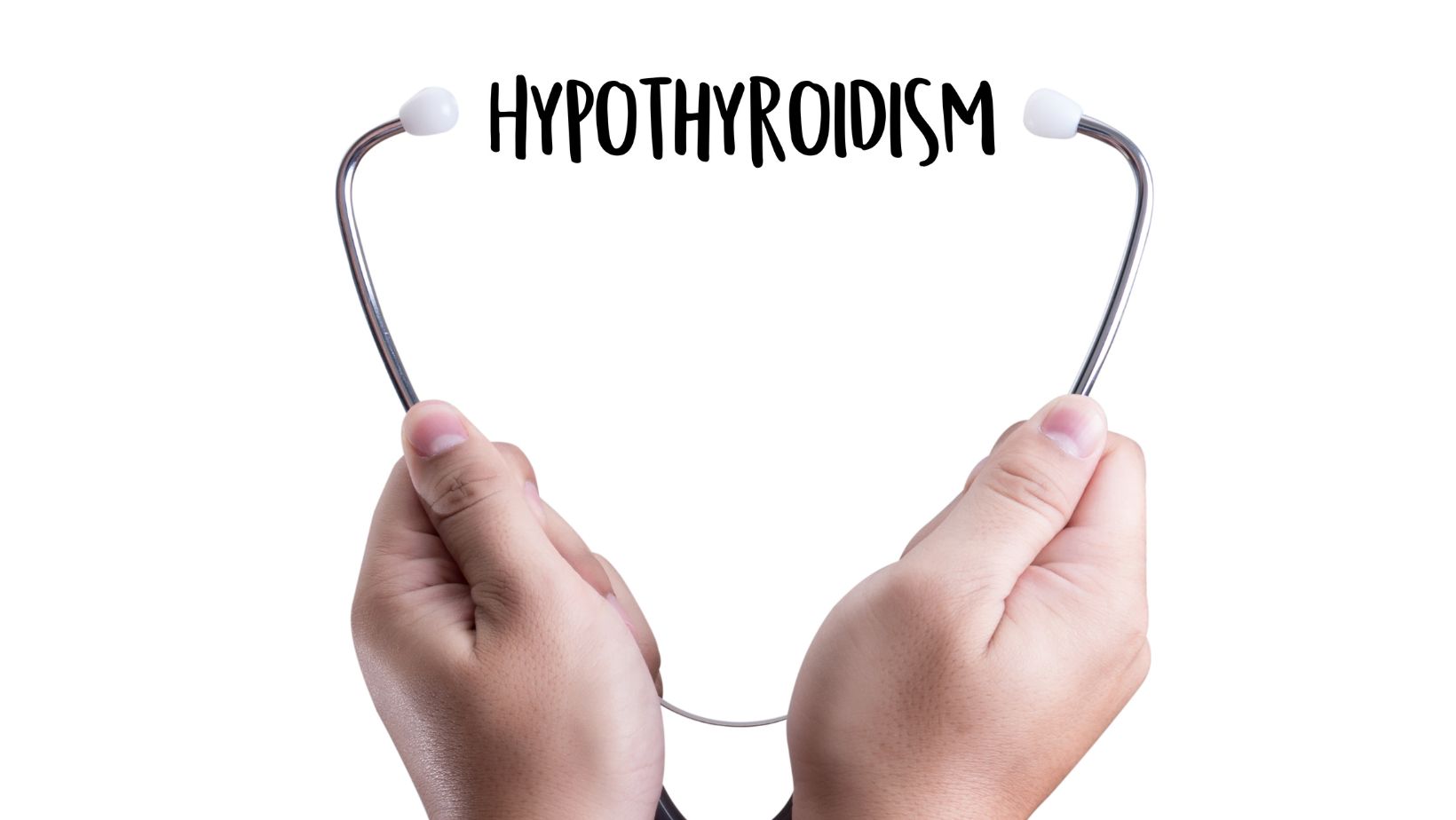
Keto For Hypothyroidism
If you’re dealing with hypothyroidism and considering the keto diet, you may have wondered if there’s a connection between the two. Hypothyroidism is a condition where the thyroid gland doesn’t produce enough hormones, which can lead to various symptoms like fatigue, weight gain, and difficulty losing weight. The keto diet, on the other hand, is a low-carb, high-fat eating plan that aims to put your body into a state of ketosis.
Some proponents of the keto diet claim that it can help support thyroid function by promoting weight loss and reducing inflammation in the body. However, scientific research on this specific topic is limited and inconclusive. While some individuals with hypothyroidism may experience positive effects from following a ketogenic diet, it’s important to note that everyone’s response to dietary changes can vary.
Before starting any new diet or making significant changes to your current eating plan, it’s essential to consult with a healthcare professional or registered dietitian who specializes in thyroid health. They can provide personalized guidance based on your specific needs and medical history. Additionally, they may recommend monitoring certain thyroid markers while following a keto diet to ensure optimal thyroid function.
While some people with hypothyroidism may find success with the keto diet, there isn’t enough scientific evidence to definitively support its effectiveness for managing this condition. It’s crucial to work closely with healthcare professionals to develop an individualized approach that addresses both your dietary preferences and overall thyroid health.
Understanding Hypothyroidism And Its Effects On The Body
When it comes to managing hypothyroidism, a condition in which the thyroid gland doesn’t produce enough hormones, many people are turning to the ketogenic diet as a potential solution. But before delving into the benefits of keto for hypothyroidism, it’s crucial to grasp a solid understanding of this condition and how it affects the body.
Hypothyroidism occurs when the thyroid gland fails to release adequate amounts of thyroid hormones, namely T3 (triiodothyronine) and T4 (thyroxine). These hormones play a vital role in regulating metabolism, energy production, body temperature, and even mood. When levels of these hormones dip too low, individuals may experience symptoms such as fatigue, weight gain, dry skin, hair loss, depression, and brain fog.
The impact of hypothyroidism extends beyond mere physical discomfort. It can significantly affect an individual’s overall quality of life and ability to function optimally. Simple tasks may become challenging due to decreased energy levels and sluggishness. Mental clarity can be compromised due to brain fog and difficulty concentrating.
Understanding how hypothyroidism affects the body is crucial when exploring potential solutions like the ketogenic diet. While research on keto for hypothyroidism is limited at present, some anecdotal evidence suggests that a well-formulated ketogenic diet might help manage certain symptoms associated with this condition.
The Benefits Of Keto For Managing Hypothyroidism
When it comes to managing hypothyroidism, incorporating a ketogenic diet can offer several potential benefits. The keto diet focuses on consuming low-carb, high-fat foods, which can positively impact thyroid function and overall well-being. Here’s why the keto approach may be beneficial for individuals with hypothyroidism:
- Weight Management: One common symptom of hypothyroidism is weight gain or difficulty in losing weight. The good news is that research suggests that the ketogenic diet can aid in weight loss by promoting fat burning and reducing appetite. By following a low-carb, high-fat diet, individuals with hypothyroidism may find it easier to shed those stubborn pounds.
- Increased Energy Levels: Fatigue and lethargy are often experienced by those with hypothyroidism due to an underactive thyroid gland. Thankfully, the keto diet provides a steady source of energy through ketones produced from fat metabolism. By fueling your body with healthy fats instead of carbohydrates, you may experience improved energy levels throughout the day.
- Enhanced Brain Function: Cognitive issues like brain fog and memory problems are sometimes reported by individuals with hypothyroidism. The ketogenic diet has been found to enhance cognitive function by providing a constant supply of ketones as an alternative fuel source for the brain. This may help improve mental clarity and focus.
Remember, adopting a healthy lifestyle encompasses more than just diet alone. Incorporating regular exercise, stress management techniques, and proper sleep hygiene are also crucial for overall wellness when dealing with hypothyroidism.

